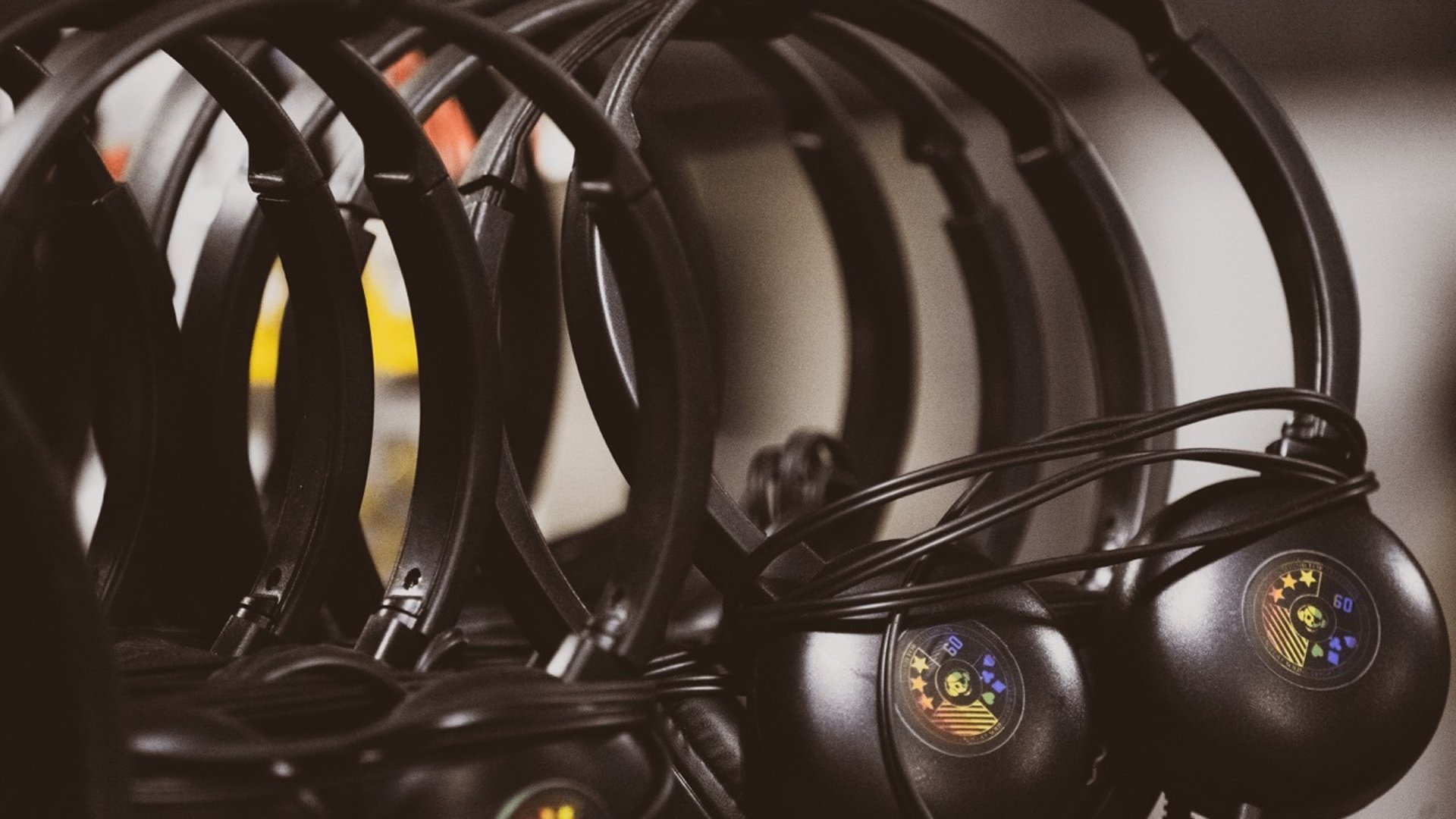
Advice: The Producer
We dive in to provide some advice and strategies for producers looking to improve their skills and succeed in the film and television industry. It covers a wide range of topics, including understanding the creative process, building and maintaining relationships, being a good leader, staying organized, being flexible, being proactive, staying informed, and having fun.
ADVICE
With over 20 years in the industry, I've gained extensive experience as a sound mixer for multi-crew reality shows and various forms of corporate and commercial projects. This position has afforded me the opportunity to be an astute observer of how other people do their jobs without getting in their way. So, I've taken my observations from over the years and provided some tips and suggestions for field producers looking to enhance their performance on the job. Don't get stranded when you ask yourself "What can I do to be a better producer?"
Maintain open lines of communication with all members of the production team. From the director and DP to the sound and lighting teams, communication is key. Coordination with the film's sound and lighting crews, as well as the director and cinematographer, will be required to realize your vision. A production meeting before shooting begins is a great way to get everyone on the same page and answer any questions they may have about the day.
Think ahead: A well-planned production is crucial to the success of the whole endeavor. Things to do are things like venue scouting, planning practice times, and managing the logistics of having enough people and the right equipment. For a culinary show shoot, for instance, it's important to have a fully stocked kitchen and supply the chef with all the ingredients they'll need. A pre-filming rehearsal is also recommended for smoothing out any hitches if any bit of coordination is involved.
Take care to maintain order: Document everything related to the production, including shot lists, call sheets, and schedules. This will assist you in maintaining control and ensuring a smooth operation. As an illustration, while producing a reality program with many crews, it's important to coordinate their schedules so that no one is recording while another is taking a break for lunch. Unless perhaps it is important to "always be rolling" so that no content is missed. Regardless, understanding the needs of your show is essential.
Change your mind. Be flexible and open to new experiences. You'll be better able to have a positive outlook and think quickly on your feet. If it looks like it might rain on the day of filming, you'll need to figure out a backup plan, like moving the production indoors or postponing it.
Do not sit around waiting for issues to occur; instead, actively seek them out and solve them as soon as possible. If you're shooting in a noisy area, for instance, you should wait till it's less busy to start rolling cameras.
Be receptive to the thoughts and ideas of your crew members; you could learn something new. If your sound mixer says a certain scene is too loud, for instance, you should turn down the volume so that the speech is audible. If your AC says you only have enough media for 30 more minutes of filming, consider wrapping up your scene with only the most essential story points rather than letting them ramble for another hour while you fish for content.
The production process can be tense, but maintaining a positive outlook and being able to poke fun at yourself and the situation will go a long way toward keeping you and your team members on task and energized. If the chef burns the meal during production of a cooking show, for instance, you shouldn't let it get you down; instead, you should crack a joke and move on.
Accept blame for the show's success or failure and act like it's yours. This necessitates an attitude of accepting responsibility for failures and sharing accolades for successes. We're all on the same team.
Do your best to maintain an awareness: By keeping abreast of industry developments, you can ensure your continued relevance and enhance your skill set. In my experience, this is most noteworthy as a producer to understand the network's demands. Know what specific storytelling style they're looking for and points that their demographics might find interesting. When in doubt, ask specific questions to your Supervising Producer or Showrunner.
Remember that filming movies and TV shows is exciting and entertaining, so do your best to relax and enjoy yourself. After all, it's just TV.
